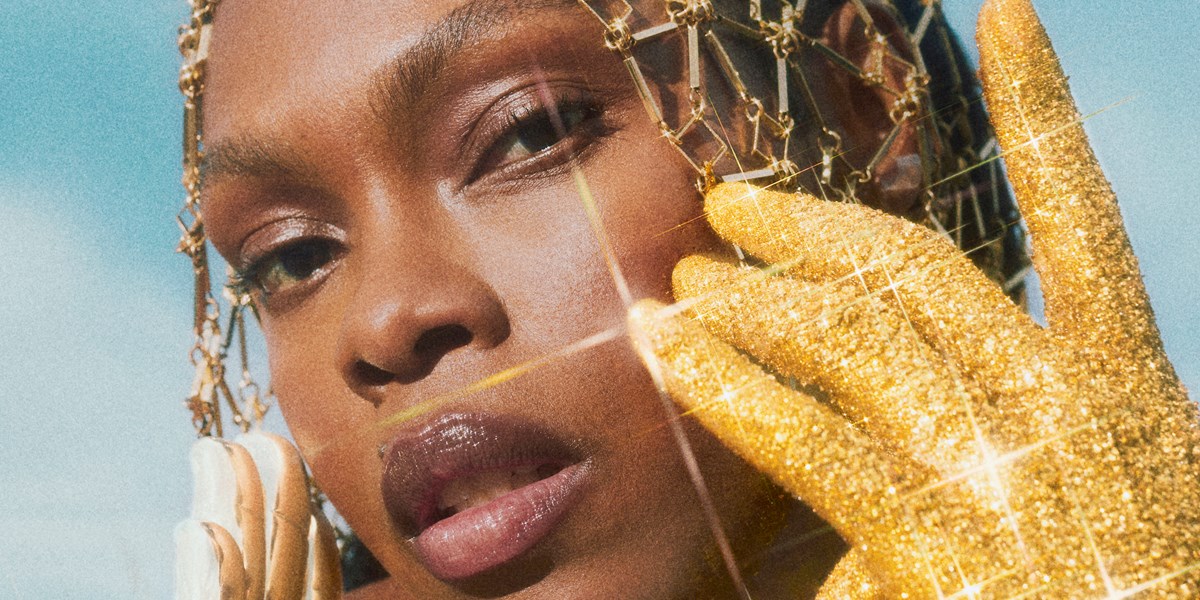Tuesday, September 27, 2022
Dispatch from São Paulo
Discover the city's welcome pockets of artistic resistance defiantly championing African-Brazilian and Indigenous culture

Xênia França

Register now to continue reading

Thanks for visiting the Songlines website, your guide to an extraordinary world of music and culture. Sign up for a free account now to enjoy:
- Free access to 2 subscriber-only articles and album reviews every month
- Unlimited access to our news and awards pages
- Our regular email newsletters

